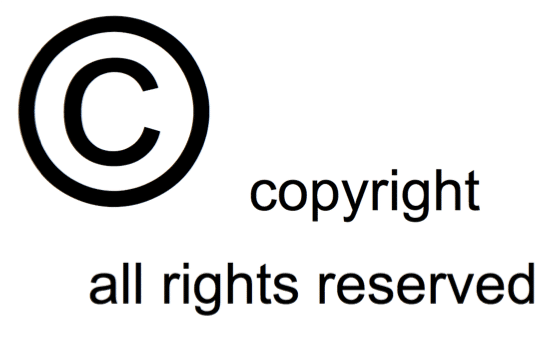As a result of a decision made earlier this week, copyright royalties will be on the rise as of 2016—and the Copyright Royalty Board left room open to allow for a possible continuance of the cost hike over the coming years.

On Wednesday December 16, in a highly contested decision, the Board ruled that Pandora Media Inc and other digital streaming services will face an increase in royalty costs come 2016. Pandora had hoped the decision would go the other way, reducing their royalty costs.
Copyright royalties are fees that are paid to owners of a copyright by an individual or company. The copyright holder still retains ownership of its work, and the copyright isn’t being sold; instead, the license is issued to allow the licensee the opportunity to use the work in some way. In this case, the copyrighted material is broadcast to members using Pandora and other similar digital streaming services. In return for the right to broadcast music, Pandora and other streaming services must pay copyright fees—royalties—to the licensing parties.
The royalty rate will be increased to 17 cents for every 100 songs played on non-subscription services, up from the current rate of 14 cents per 100 songs. For subscription services, it was lowered by a penny, from 23 cents per 100 songs down to 22 cents. Rates for future years were not set, but the Board did provide an opportunity for increases or decreases to take place, depending on the consumer price index.
This decision has pros and cons for both sides; digital streaming services are paying more instead of less, and at the opposite end of the spectrum, record labels and artists have seen an increase, but not one as significant as they had been hoping for. SoundExchange, a company that collects royalties for record labels and artists, works as the intermediary between the streaming services and labels and had been pushing for an increase of 80 percent. Depending on the source, SoundExchange seems content with the increase as it stands.
Pandora is the largest of the digital streaming companies to be impacted by this decision, which also include smaller companies like iHeartRadio. These rate changes do not affect on-demand services, such as those offered by Apple Music and Spotify, which have negotiated their own, separate deals.
Wednesday’s decision resulted in an apparent erasure of uncertainty that had been dragging the company downwards: Pandora shares spiked by 20 percent following the decision. While the increase in cost may bother them, it seems to have resulted in an increased trust in the company, which could be beneficial moving forward.
The formal decision will be released in the coming weeks, after parties have had the opportunity to redact any confidential information that was shared during the trial.
For more information about copyright royalties, contact Revision Legal’s Copyright attorneys through the form on this page or call 855-473-8474.




